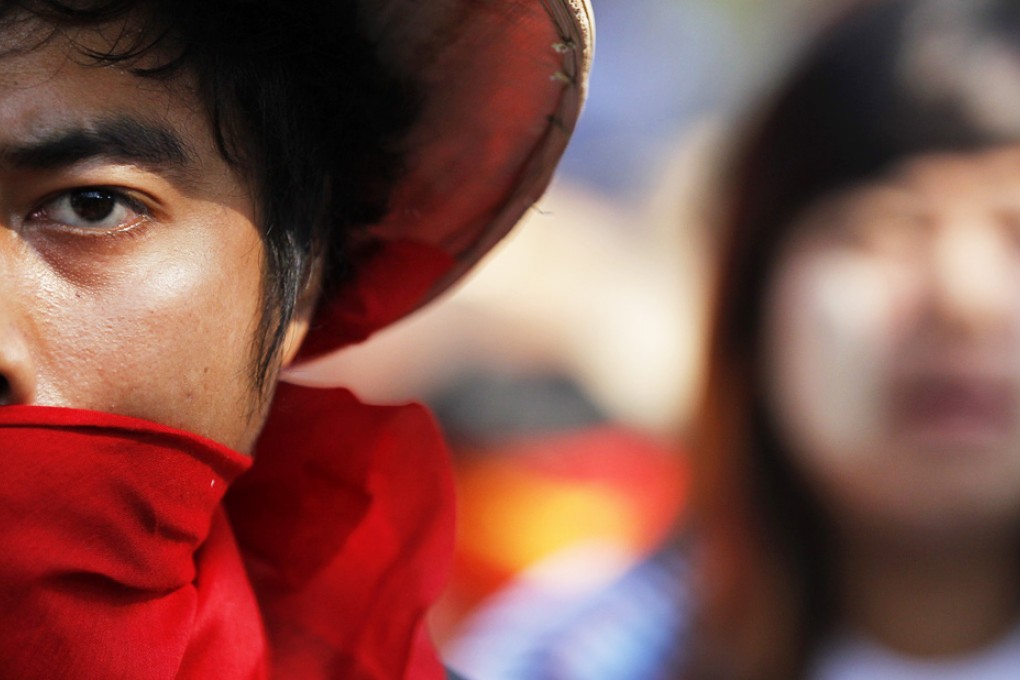Opening up, Myanmar finds itself in a tough balancing act
Dan Steinbock says local needs must be met amid web of foreign interests

Six months before critical elections, tensions are mounting in Myanmar, at its borders and affecting great power relations. Recently, hundreds of Myanmese students protesting against a controversial education bill have been locked in a stand-off with security forces. Washington has expressed concern about the violence used against protesters.
Meanwhile, thousands of refugees have entered Yunnan following clashes between Myanmar's army and local communists. As a result, China has asked Myanmar to "lower the temperature" on the border.
The friction comes ahead of the general election, scheduled for late October or early November. Economically, Myanmar is experiencing rapid growth even though in the fiscal year 2014-15, growth in gross domestic product is expected to decelerate slightly, to 7.8 per cent, due to slower growth in the agricultural sector.
Meanwhile, foreign direct investment is expected to rise substantially above the US$4.11 billion figure for the previous year. The largest investors are businesses from Singapore, Hong Kong, Britain and China.
Over the medium term, the outlook for Southeast Asia's last tiger economy remains favourable, with long-term growth potential estimated at 7 per cent. Still, with increasing spending and attendant inflation pressures, near-term downside risks have increased.
From the US to the European Union, Myanmar is seen as a fascinating story of economic growth and human rights. After years of diplomatic isolation, economic and military sanctions, Washington relaxed curbs on foreign aid and relations were normalised in 2011. As the EU followed, Japan agreed to cancel US$2.7 billion in debt and pledged millions more in aid. Tokyo has also won the contract to modernise Yangon's crumbling urban transit system.
Of late, Washington has also expressed concern about human rights, intimidation of journalists and violence against the Rohingya Muslims.
